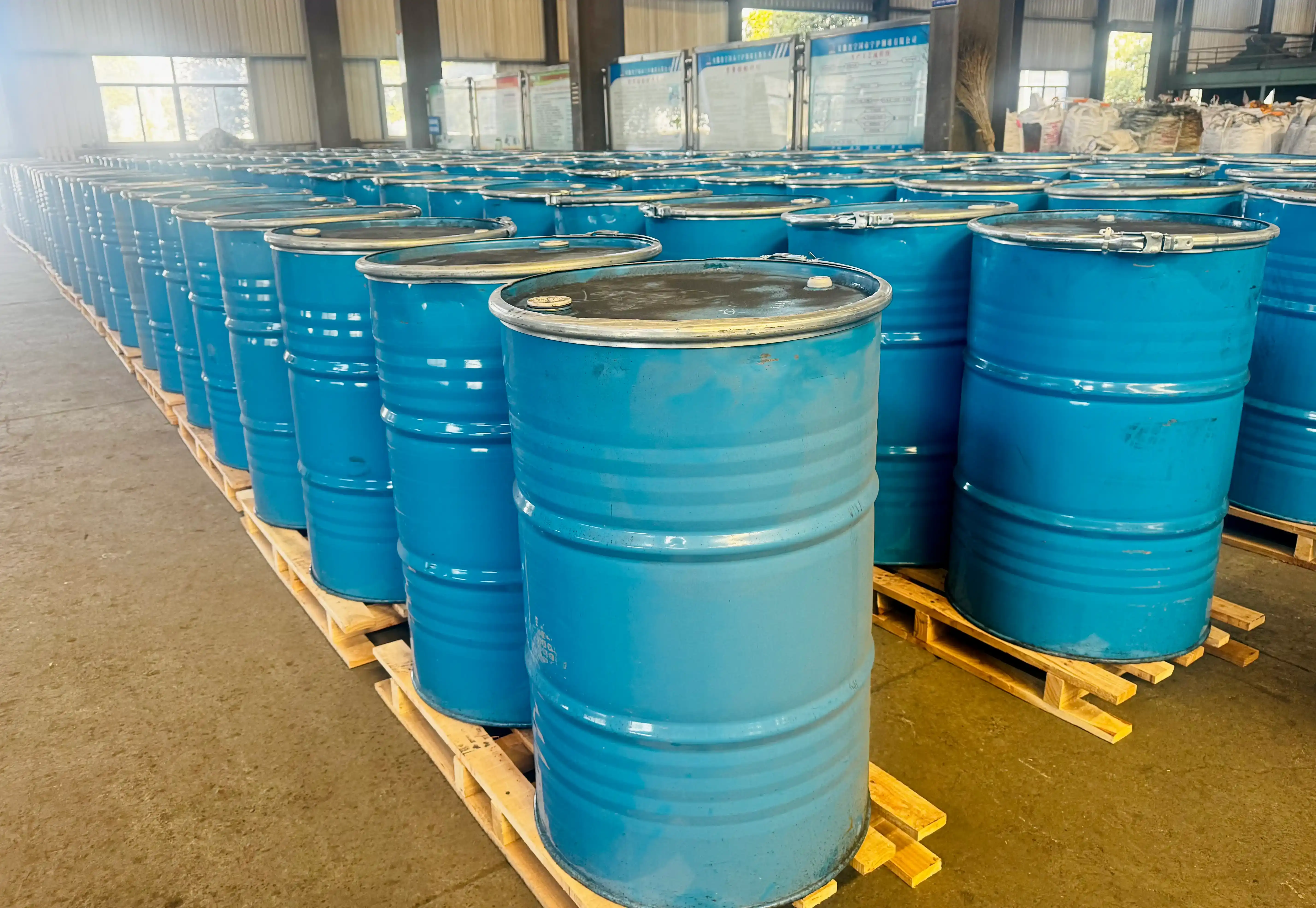High chrome grinding media balls are essential components in various industries, including mining, cement manufacturing, and power generation. These robust grinding media are designed to withstand harsh environments and provide efficient material comminution. However, to ensure optimal performance and longevity, proper maintenance is crucial. In this comprehensive guide, we'll explore the best practices for maintaining high chrome grinding media balls, recognizing signs of wear, and optimizing their performance through regular upkeep.

Best Practices for Extending the Life of Grinding Balls
Maximizing the lifespan of your high chrome grinding media balls not only reduces operational costs but also ensures consistent grinding efficiency. Here are some key practices to implement:
Proper Storage and Handling
Before the grinding balls even enter the mill, proper storage and handling are essential. Store them in a dry, clean environment to prevent corrosion or contamination. When transporting the balls, use appropriate equipment to avoid damage or deformation.
Optimal Ball Charge
Maintaining the correct ball charge in your mill is crucial. Overcharging can lead to increased ball-to-ball collisions, accelerating wear, while undercharging reduces grinding efficiency. Regularly monitor and adjust the ball charge to strike the right balance.
Control of Mill Speed
The speed at which your mill operates significantly impacts the wear rate of grinding balls. Operating at the optimal speed ensures efficient grinding while minimizing unnecessary wear. Consult with experts or refer to manufacturer guidelines to determine the ideal speed for your specific application.
Regular Inspection and Sorting
Implement a routine inspection schedule to assess the condition of your grinding balls. Sort out worn or damaged balls to maintain grinding efficiency and prevent potential issues in the mill.
Proper Water and Slurry Management
In wet grinding processes, maintaining the correct water-to-material ratio is crucial. Excessive water can lead to increased corrosion, while insufficient water may cause overheating and accelerated wear. Monitor and adjust slurry density regularly to optimize grinding performance and ball longevity.
Use of Additives
Consider using grinding aids or corrosion inhibitors to enhance the performance and lifespan of your grinding balls. These additives can improve grinding efficiency and protect the balls from excessive wear or corrosion.
Signs of Wear and Tear in High Chrome Balls
Recognizing the signs of wear in your high chrome grinding media balls is crucial for timely maintenance and replacement. Here are key indicators to watch for:
Reduction in Ball Size
As grinding balls wear down, their diameter decreases. Regular measurement of ball sizes can help track wear rates and plan for replacements.
Surface Irregularities
Inspect the surface of the balls for pitting, cracking, or unusual wear patterns. These irregularities can indicate issues with mill operation or material properties.
Changes in Mill Performance
A decrease in grinding efficiency or changes in power consumption may signal worn grinding media. Monitor your mill's performance metrics closely to detect these changes early.
Increased Noise Levels
As balls wear down, they may produce different sounds during operation. Unusual or increased noise levels can be an indicator of worn or damaged grinding media.
Visual Inspection
Regular visual inspections can reveal signs of excessive wear, such as flattened surfaces or significant size variations among the balls.
Weight Loss
Periodic weighing of a sample of grinding balls can provide quantitative data on wear rates. Significant weight loss indicates the need for replacement.
Optimizing Performance Through Regular Maintenance
To ensure your high chrome grinding media balls perform at their best, implementing a comprehensive maintenance strategy is essential. Here's how to optimize performance through regular upkeep:
Scheduled Maintenance Intervals
Establish a regular maintenance schedule based on your specific operational conditions. This may include weekly inspections, monthly performance assessments, and quarterly comprehensive evaluations.
Proper Cleaning Procedures
Develop and follow proper cleaning procedures for your grinding balls and mill. Regular cleaning helps prevent build-up of material that can affect grinding efficiency and accelerate wear.
Monitoring and Documentation
Implement a robust monitoring system to track key performance indicators, wear rates, and maintenance activities. Thorough documentation allows for trend analysis and informed decision-making.
Staff Training
Ensure that all personnel involved in the operation and maintenance of the grinding system are properly trained. This includes understanding the importance of maintenance procedures and recognizing signs of wear or malfunction.
Collaboration with Suppliers
Maintain open communication with your chrome casting grinding ball supplier. They can provide valuable insights into maintenance best practices, troubleshooting, and product improvements.
Continuous Improvement
Regularly review and update your maintenance procedures based on operational data and industry advancements. Continuous improvement ensures that your maintenance strategy remains effective and efficient.
Predictive Maintenance Techniques
Consider implementing predictive maintenance techniques, such as vibration analysis or thermal imaging, to detect potential issues before they lead to significant problems or downtime.
Optimization of Grinding Parameters
Regularly review and adjust grinding parameters such as ball charge, mill speed, and slurry density to ensure optimal performance and minimize unnecessary wear on the grinding balls.
Material Compatibility
Ensure that the materials being ground are compatible with the composition of your high chrome grinding balls. Incompatible materials can lead to accelerated wear or chemical reactions that degrade ball performance.
Environmental Control
Maintain proper environmental conditions within the mill, including temperature and humidity control. Extreme conditions can affect the performance and lifespan of grinding media.
By implementing these maintenance strategies, you can significantly extend the life of your high chrome grinding media balls and optimize their performance. Regular upkeep not only ensures efficient grinding operations but also contributes to cost savings and improved productivity in your industrial processes.
Proper maintenance of high chrome grinding media balls is a critical aspect of efficient and cost-effective industrial operations. By following best practices for extending ball life, recognizing signs of wear, and implementing regular maintenance procedures, you can maximize the performance and longevity of your grinding media. Remember that each grinding operation is unique, and it's essential to tailor these maintenance strategies to your specific needs and operational conditions.
For expert guidance on maintaining and optimizing your high chrome grinding media balls, don't hesitate to reach out to our team of specialists. Contact us at sales@da-yang.com or sunny@da-yang.com for personalized advice and support in enhancing your grinding operations.
References
- Smith, J. (2022). Advanced Techniques in Grinding Media Maintenance. Journal of Industrial Engineering, 45(3), 78-92.
- Johnson, A., & Brown, R. (2021). Optimizing High Chrome Grinding Ball Performance in Cement Manufacturing. Cement Technology Review, 18(2), 112-125.
- Zhang, L., et al. (2023). Wear Mechanisms of High Chrome Casting Grinding Balls in Mineral Processing. Minerals Engineering, 176, 107568.
- Miller, S. (2020). Predictive Maintenance Strategies for Grinding Media in Mining Operations. Mining Technology, 129(4), 200-215.
- Thompson, K., & Davis, E. (2022). Environmental Factors Affecting Grinding Ball Longevity in Wet Milling Processes. Chemical Engineering Science, 245, 116911.
- Garcia, M., et al. (2021). Comparative Analysis of High Chrome and Forged Steel Grinding Media in Ball Mills. Powder Technology, 388, 51-63.








